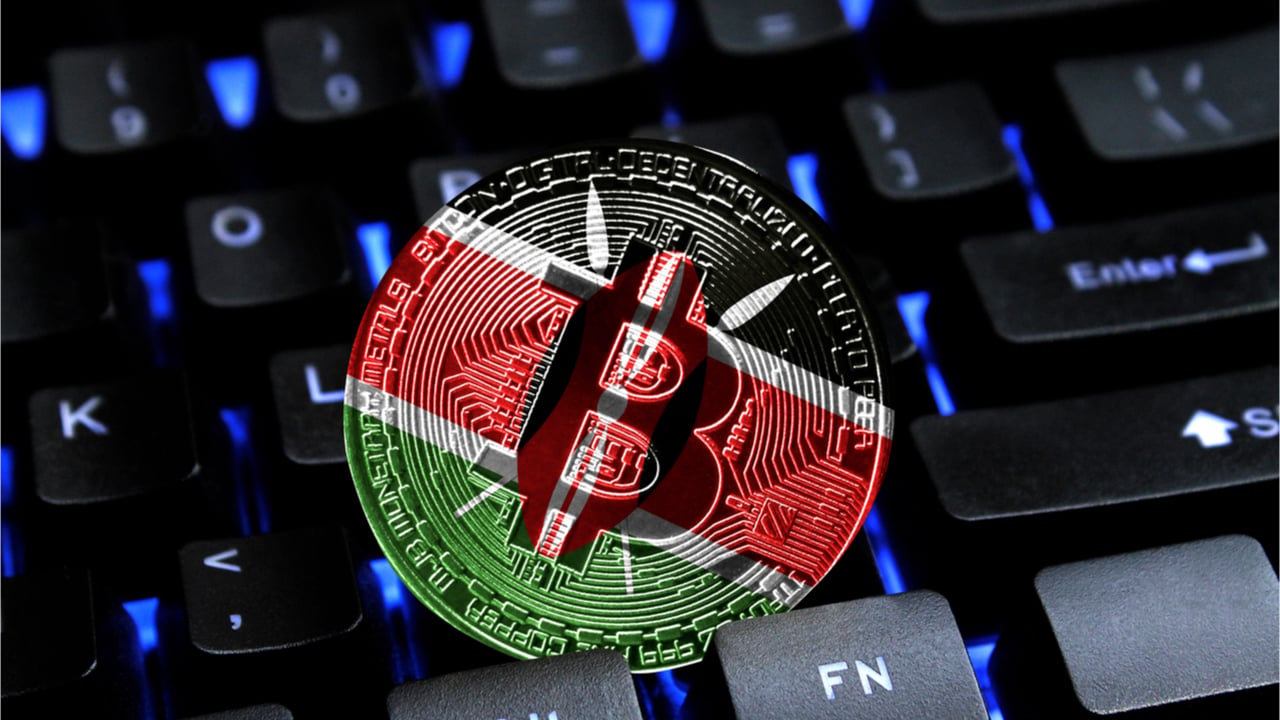Kenyan Fintech Player: ‘Banking the Unbanked’ Is the Most Important Use Case for Digital Currencies in Africa

The year 2020 may well go down as the year when blockchain technology and cryptocurrencies, in particular, gained mainstream recognition. The restrictions on movement, as well as the widespread fear of catching a virus, forced many to look for alternative ways of making payments or sending remittances. This search for an alternative inevitably led many to crypto. Although the use of such alternatives to fiat cash continues to grow, many of the intended beneficiaries in places like Africa are still unable to use such digital currencies.
Kenya’s Kotani Pay Addresses Lack of Crypto Access
The lack of smartphones, misinformation about cryptocurrencies, and poor net connectivity are some of the main reasons why the number of digital currency users is not growing as some crypto proponents would have wanted. As a consequence, some players in this space are now working hard to find solutions to help those that presently cannot use digital currencies.
One such player is Kotani Pay, a Kenya-based fintech start-up that is focused on providing a reliable blockchain on-ramp and off-ramp service for users in Africa. Bitcoin.com News recently reached to the start-up’s CMO, Brian Kimotho, to learn more about Kotani’s offering. Below are Kimotho’s written responses to questions sent via WhatsApp.
Bitcoin.com News (BCN): When was Kotani Pay established and why?
Brain Kimotho (BK): Kotani Pay was established in 2020. We built Kotani Pay after realizing for a very long time that the people who were set out to benefit the most from the promise of Blockchain and Web3 technologies had no way of interacting with the services offered. Most of these users don’t have smartphones or an internet connection. They only have feature phones. The most they can do is communicate via texting or making phone calls. Kotani Pay is built with this in mind. To access the service one simply needs to dial the Unstructured Supplementary Service Data (USSD) code. Once dialed, the user is presented with a simple menu where they can make their preferred selection — send money, withdraw…
BCN: You are currently involved in efforts to provide the so-called universal basic income (UBI) to refugees. Can you tell our readers what motivated your company to become involved in this?
BK: Serving the refugees in collaboration with Impact Market, Refugee Integration Organisation and Mission Possible 2030 was in line with our goal of making Web3 technologies accessible to the last mile. In Africa for example, the total number of mobile phone users stands at 700M. Out of these 700 million users, only 260 million have internet-enabled smartphones. Kotani Pay, through projects such as the UBI for refugees, is able to realize its goals for empowering the remaining 440 million people who are using feature phones.
BCN: How many refugees are now benefiting from this UBI initiative?
BK: 2000 with an additional 4000 in the pipeline.
BCN: On your website, you tout Kotani Pay as “Africa’s most reliable blockchain on-ramp and off-ramp service.” In exactly how many countries do you provide this service?
BK: The Kotani Pay USSD service is powered by the Kotani Application Programming Interface (API). With this API, businesses can integrate their processes to our off-ramp service to serve mobile phone (smartphone and feature phone) users in Africa.
BCN: From your perspective, what would you say is the most important use case for digital currencies in Africa?
BK: Banking the unbanked.
BCN: You provide an on-ramp and off-ramp service on a continent where most countries have either banned or imposed some form of restrictions on digital currencies. How are you managing to provide this service and still not violate regulations in countries where you operate?
BK: We are fully compliant with the Payments Services Act and banking regulations in Kenya. We work via banking APIs regulated by the Central Bank of Kenya for user AML/KYC due diligence. Beyond that, we provide the service leveraging stablecoins on the Celo network pegged to the value of the dollar and euro. The stablecoins are backed by other verifiable assets making them less volatile to price fluctuations.
BCN: Countries like Ghana and Nigeria are proceeding with plans to launch central bank digital currencies (CBDC) while many other countries plan to do the same in the near future. In your opinion, are CBDCs something that the crypto industry should be afraid of?
BK: No, CBDCs are not something we should be afraid of. The CBDC use case goes to show the possibilities of what Web3 and Blockchain have to offer. CBDCs present several benefits including low barriers to entry for users, lower cost of minting money as well as low cost of cross-border and interbank transactions.
What are your thoughts on this interview? Tell us what you think in the comments section below.
from Bitcoin News https://ift.tt/3m8g56K
Comments
Post a Comment